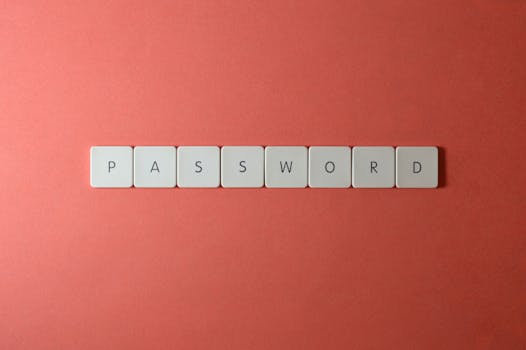Methods to Combat Digital Gambling Addiction
Digital gambling addiction is a growing concern in the era of internet connectivity, with more individuals finding themselves trapped in a cycle of excessive gambling through online platforms. This type of addiction involves the compulsive use of digital gambling services, such as online casinos and sports betting sites, leading to significant personal, social, and financial problems. In this article, we will explore various methods to combat digital gambling addiction, highlighting the advantages and disadvantages of each approach, and provide practical examples to help those affected find a path toward recovery.
Understanding Digital Gambling Addiction
Before diving into the solutions, it's crucial to understand what digital gambling addiction is and how it manifests. This condition is characterized by an uncontrollable urge to continue gambling despite the negative consequences it may bring. Like other forms of addiction, it can lead to severe personal and financial issues.
Cognitive Behavioral Therapy (CBT)
Overview
Cognitive Behavioral Therapy (CBT) is a widely used psychological treatment that helps individuals challenge and change their thought patterns and behaviors related to gambling. This therapy focuses on identifying the individual's triggers for gambling, restructuring their thoughts, and adopting healthier responses.
Advantages and Disadvantages
Advantages:
- CBT has a strong evidence base, showing effectiveness in reducing gambling behaviors.
- It provides individuals with practical skills to resist gambling urges.
- CBT can address underlying issues such as depression or anxiety, which often accompany gambling addiction.
- Requires commitment to therapy sessions and homework exercises.
- May not be suitable for everyone, as some may not respond to this type of treatment.
- Directly prevents access to gambling venues, reducing the chances of relapse.
- Can be a quick and effective measure for those who acknowledge their problem and seek immediate intervention.
- Relies heavily on the individual's commitment to avoiding gambling.
- Not foolproof, as determined individuals may find ways around the bans.
- Offers social support, which is crucial for long-term recovery.
- Can be highly motivating and encouraging, knowing others are facing the same struggles.
- The success of recovery can heavily depend on the dynamics of the group.
- Some individuals may not feel comfortable sharing their problems in a group setting.
Disadvantages:
Practical Example
A study published in the Journal of Gambling Studies demonstrated that participants who underwent CBT showed significant improvement in reducing their gambling activities compared to those who did not receive any treatment.
Self-exclusion Programs
Overview
Self-exclusion programs are initiatives that allow gamblers to voluntarily ban themselves from gambling websites and physical casinos. These programs are designed to be a deterrent, helping individuals resist the temptation by restricting their access to gambling opportunities.
Advantages and Disadvantages
Advantages:
Disadvantages:
Practical Example
Many online gambling platforms now offer tools that enable users to self-exclude from their services, and jurisdictions like the United Kingdom have established national self-exclusion schemes like GAMSTOP, which covers a wide range of gambling websites.
Support Groups and Peer Support
Overview
Support groups such as Gamblers Anonymous provide a platform for individuals struggling with gambling addiction to share their experiences and support each other in a structured group setting. Peer support can be an invaluable resource, offering empathy, understanding, and practical advice from others who have faced similar challenges.
Advantages and Disadvantages
Advantages:
Disadvantages:
Practical Example
Gamblers Anonymous has numerous success stories, with individuals achieving prolonged periods of gambling abstinence through regular meeting attendance and the support of fellow group members.
Conclusion
Combating digital gambling addiction requires a comprehensive approach, incorporating evidence-based treatments like Cognitive Behavioral Therapy, practical tools like self-exclusion programs, and the emotional and social support provided by peer groups. Each method has its own set of advantages and disadvantages, and the effectiveness can vary from person to person. It is often recommended to combine these approaches for the best chance at overcoming digital gambling addiction.
If you or someone you know is struggling with digital gambling addiction, consider exploring these methods to find the most suitable and effective solution. Remember, recovery is a journey that doesn't have to be taken alone.

.png)





